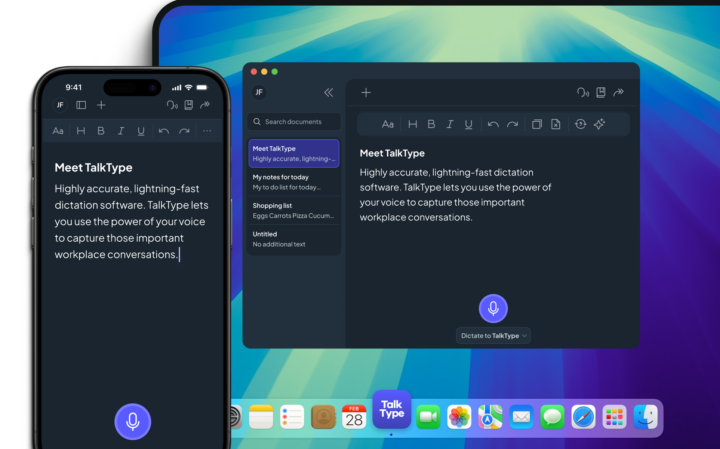What Causes Crashing Fatigue in Menopause?
Menopause fatigue happens due to fluctuations in estrogen and progesterone levels. Rapid changes in estrogen can result in spikes and crashes that quickly deplete energy. This can affect the usual performance of the brain and disrupt sleeping patterns.
With progesterone, lower levels cause some women to become short-tempered and less able to relax. They can also cause a condition called sleep apnea, where sufferers stop breathing in their sleep. Managing these changes lies in finding an appropriate balance between the natural decline in estrogen levels and other hormones that can help regulate hormonal activity. Hot flashes during menopause can also lead to sleep disruption and cause you to wake up more often through the night.
How to Manage Menopause Fatigue
Most people will feel a sense of tiredness or fatigue after physical activity or a day of strenuous mental tasks. Or they may feel sleepy if they haven’t slept or rested well enough. But perimenopause tiredness and menopause fatigue can come on at any time without cause or warning. And this can disrupt women’s lives and impact their lifestyles.
Of course, other certain lifestyle habits can exacerbate the experience of menopausal fatigue and lead to :
- Unhealthy diet
- Dehydration
- Lack of sleep
- Excessive stress and worries
- Anxiety and depression
Managing these extra factors can help to reduce the impact of menopause fatigue. Eating and drinking well, getting enough sleep, and trying to reduce stressors or worries can help manage the condition.
It’s also important to note that other physical changes may be contributing to perimenopausal fatigue like low thyroid or iron levels, both of which can cause similar symptoms. Anemia and Chronic Fatigue Syndrome (CFS) can also cause Getting checked out by a GP who can run appropriate tests, which may help with managing so many hormonal changes during this time.
Is There a Treatment for Menopause Fatigue?
Hormone Replacement Therapy (HRT) is helpful for many women who experience menopause fatigue and perimenopause tiredness. In practice, HRT replaces hormones lost during this period and may improve fatigue. Many women experience a reduction in hot flashes and improved energy levels. Women can take HRT in tablet form or as a topical get or skin patch.
Alternative treatments for hormone replacement include SSRIs or SNRIs. These types of drugs can help to reduce hot flashes and night sweats, which may improve sleep. Paradoxically, both of these medications can cause insomnia in some people. It’s worth discussing with a doctor to manage these effects and review the pros and cons.
Other alternative treatments for menopause fatigue include:
- Good sleep hygiene and a regular bedtime
Getting enough regular, uninterrupted sleep may help to recover from hormonal changes. Setting a regular time to go to bed and wake up in the morning while avoiding exposure to technology before bedtime can make a difference.
- Maintaining healthy eating and drinking habits
Hormones can affect our metabolism and our weight. Setting out a regular eating schedule can help to keep hormonal activity more regulated. Planning specific food intake can help to manage fluctuations in energy levels and keep your body in optimal condition.
- Yoga and regular exercise
Some people find yoga can relieve menopause tiredness and release stress trapped in the body. It may also help to calm the nervous system, reduce anxieties, and help relieve symptoms such as hot flashes and joint and muscle aches.




